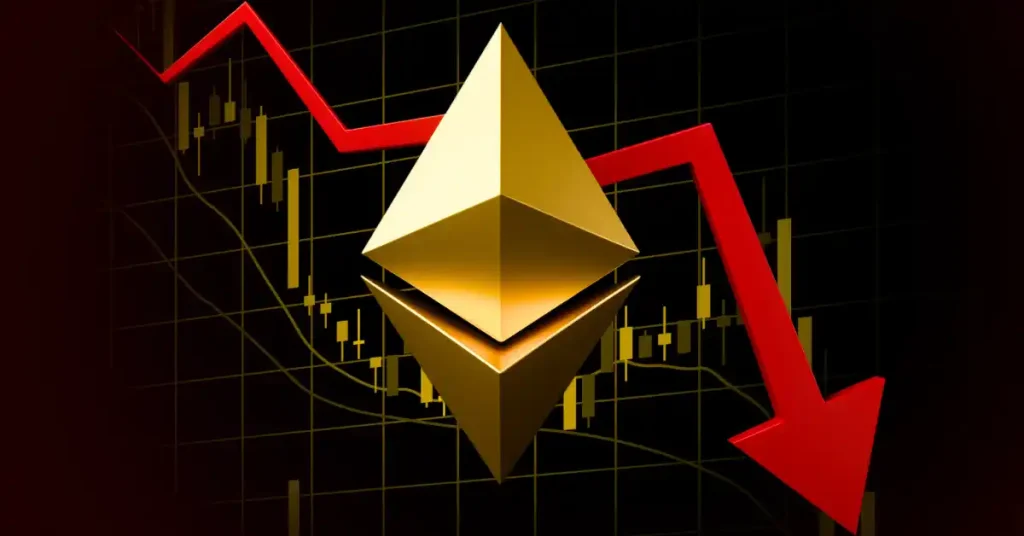CleanSpark, one of America’s largest publicly listed Bitcoin miners, is making a decisive move into artificial intelligence computing, joining a growing cohort of crypto infrastructure firms repositioning themselves amid tightening mining economics and soaring demand for AI-ready data centers.
The Nasdaq-listed company announced on Monday, October 20, that it has appointed industry veteran Jeffrey Thomas as Senior Vice President of AI Data Centers, marking a strategic evolution from a pure-play Bitcoin miner to a diversified digital infrastructure provider.
CleanSpark said the move aims to “strengthen long-term cash flow potential” by leveraging its existing land, power, and data center assets to support the growing global appetite for high-performance compute capacity.
CleanSpark pivots from mining rigs to machine learning
Following his announcement, Thomas said, “CleanSpark is at a pivotal moment in its journey.” He continued: “The company has already established itself as a leader in large-scale bitcoin mining, and I look forward to expanding into next-generation digital infrastructure.”
Thomas brings over 40 years of experience in emerging technologies and data center development. Before joining CleanSpark, he served as president of AI Data Centers at Humain, where he led Saudi Arabia’s multi-billion-dollar national AI infrastructure program and built partnerships with hyperscalers and global technology firms. Over his career, he has been involved in 19 ventures that created more than $12 billion in shareholder value.
CleanSpark’s CEO and Chairman Matt Schultz described Thomas as an “exceptional addition” who would help the company “deliver diversified growth for shareholders.”
The firm said it has already identified Georgia as a strategic region for AI expansion, where it owns significant land and power assets.
Recent contracts for additional power and real estate in College Park, near Atlanta, suggest CleanSpark is preparing to convert existing sites and develop what it calls “giga-campus” opportunities to serve major compute off-takers.
Industry abandons hash rate for hyperscalers
The rise of AI has brought about a global competition for computing capacity, pushing miners with access to cheap power and existing data center footprints to repurpose assets for high-performance computing (HPC).
Analysts note that miners have a key advantage in this race thanks to their access to large, pre-permitted energy capacities, which are essential in the AI compute sector.
Bitcoin miners have power, land, and grid interconnections, which give them a natural head start in AI computing. Also, many mining firms are now reportedly being revalued by investors not just as crypto plays but as potential data center operators.
Following the announcement to include AI compute in its operations, CleanSpark’s share price jumped by almost 6%, showing that investors received the news favorably.
 CleanSpark gained almost 6% after the expansion into data center compute. Source: Google Finance
CleanSpark gained almost 6% after the expansion into data center compute. Source: Google Finance
By redirecting the excess power capacity of their facilities to AI data center clients, observers say that firms like CleanSpark are looking to cushion the effects of volatile crypto cycles.
However, the cost of converting mining sites to data centers is quite significant, with some miners requiring fresh capital to scale their systems. There’s also the technical know-how needed for scaling these systems, and that’s why the addition of Thomas to the CleanSpark team is pivotal.
Analysts also warn that competition for hyperscale clients will intensify as energy developers, cloud providers, and other miners pursue similar strategies.
If you're reading this, you’re already ahead. Stay there with our newsletter.
















 English (US)
English (US)